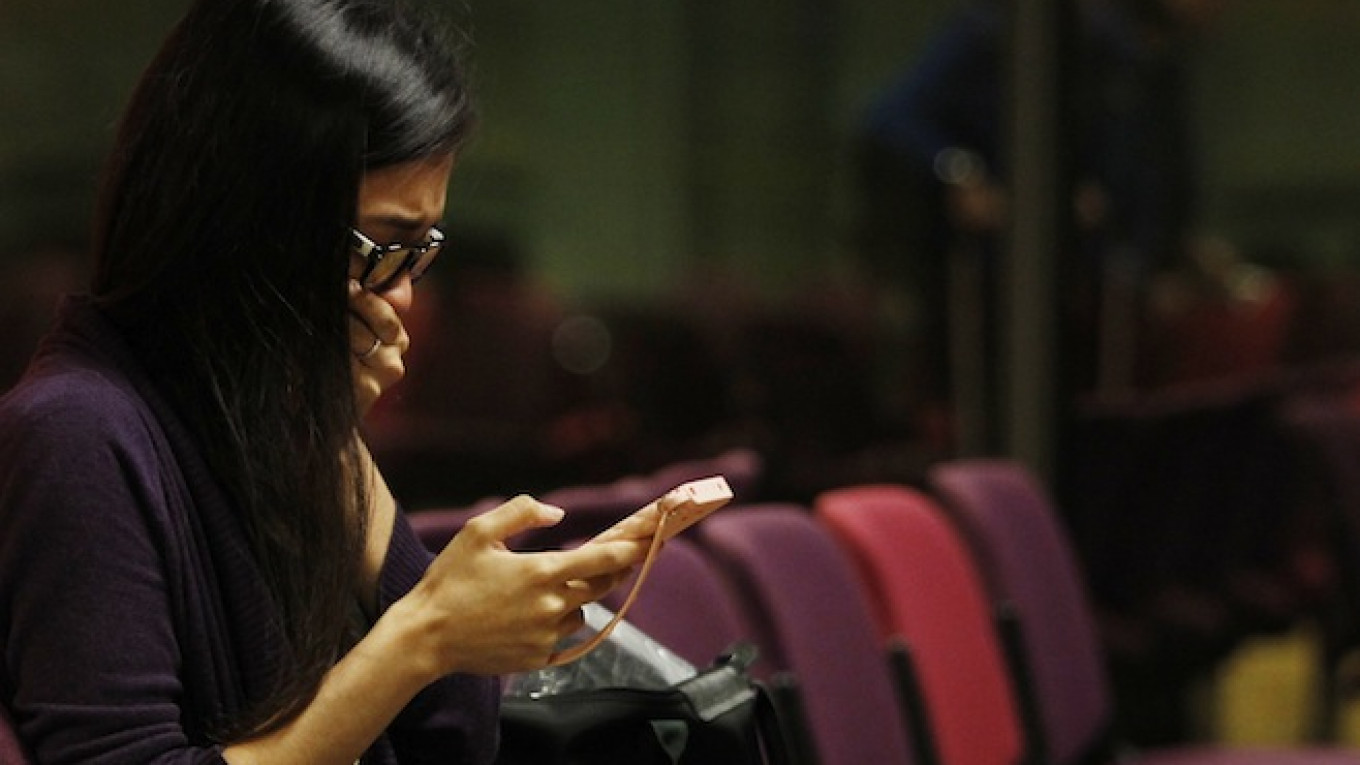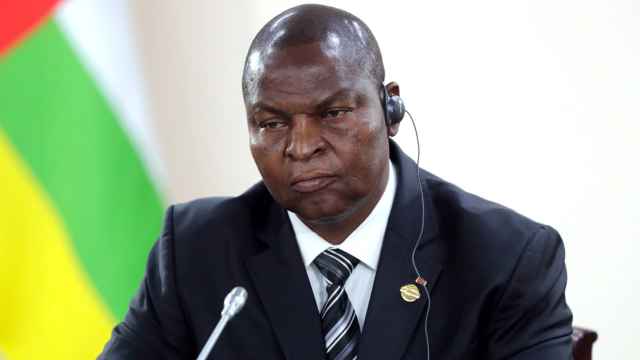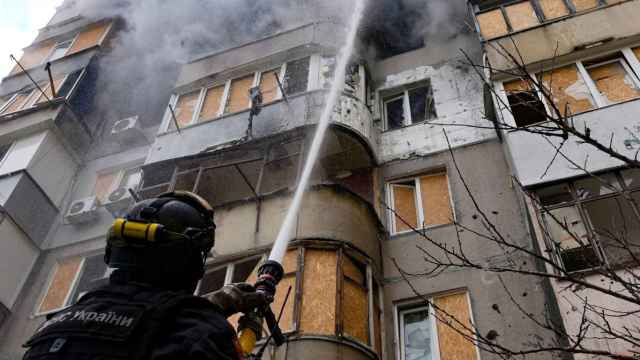Insurance on the Malaysian airliner brought down over Ukraine is likely to pay out relatively quickly if the cause of the crash is determined, but observers say settling insurance for the loss of 298 lives and other liability could be complex and lengthy.
Malaysia Airlines said flight MH-17 disappeared at 2:15 p.m. GMT as it flew over eastern Ukraine toward the Russian border, bound for Asia. Flight tracking data indicated it was cruising at 33,000 feet when it lost contact with air traffic controllers, apparently struck by a missile.
It should be fairly easy for investigators to determine whether the plane was hit by a missile or blew up for some other reason, said Robert Cohn, an aviation attorney and partner at Hogan Lovells in Washington, D.C.
"Then the interesting issue is who do you go after as the malefactors?" he said. "Are you going to sue a rebel?"
Ukraine accused "terrorists" – separatist militants fighting in Ukraine's east – of shooting down the Boeing 777 with a Soviet-era SA-11 ground-to-air missile as it flew from Amsterdam to Kuala Lumpur.
Leaders of the pro-Russian Donetsk People's Republic rebels denied any involvement, although around the same time their military commander said his forces had downed a Ukrainian transport plane.
Insurance Cover
Which insurers are on the hook for losses, which are usually spread across a wide number of players, depends on whether the downing is considered to have been due to a hostile act.
AGCS, a division of Germany's Allianz, is the lead reinsurer covering the aircraft, which London-based insurance broker Aon has valued at about $97.3 million. AGCS is also the lead liability reinsurer for Malaysian Airlines, the company said in a statement.
"(But) if reports that the plane was shot down are verified, the aircraft loss will be borne by the niche aviation war market, which has recently been pummeled by a series of losses," Barclays bank said in a research note.
Fighting at the Tripoli Airport in Libya this week saw $200 million to $400 million in damages to aircraft, the bank said.
Atrium Underwriting Group leads the war policy covering Malaysia Airlines, Barclays said. An Atrium spokesman declined to comment.
Reinsurance cover for airline fleets is usually split between several of the sector's leading companies, which include Munich Re, Swiss Re and Hannover Re.
Hannover Re said it shared some of the reinsurance coverage for the aircraft but declined to offer details.
"In view of the high number of casualties, it would not be appropriate to release numbers now," a Hannover Re spokesman said.
Munich Re, the world's largest reinsurer, declined to comment, as did second-largest Swiss Re.
Willis Group Holdings, reported by Bloomberg to have brokered the policy, confirmed that Malaysia Airlines was a client.
In some ways, the investigation will mirror the search for the Malaysia Airlines flight that went missing in March, when Malaysia had jurisdiction and other countries assisted.
The U.S. National Transportation Safety Board, which often investigates air accidents overseas and must be invited to join, said it was still determining its possible involvement in probing the Ukraine loss.
"We are communicating with other government agencies and evaluating what our role will be," the agency said in a statement.
U.S. and European air regulators warned in April that airlines should avoid flying over the Crimean Peninsula and parts of Ukraine.
However, some airlines were routinely flying over the northern part of Ukraine, said Mark Duell, vice president of operations at FlightAware.com, a flight-tracking website.
Lufthansa, Air India and Malaysia Airlines are among the airlines that have flown there, according to FlightAware's data.
"It doesn't seem anyone's been avoiding Ukraine," Duell said. "I don't see airlines going over Crimea, but I don't see anyone avoiding the rest of Ukraine."
However some international airlines, including Australia's Qantas Airways and Korea's two major carriers, said on Friday that they had already shifted routes to avoid Ukrainian air space due to the conflict between Kiev and pro-Moscow rebels.
Cohn said he expected regulators to issue broader warnings about Ukraine airspace, and that airlines would be more cautious in the area even if regulators did not expand such warnings.
China's civil aviation authorities on Friday ordered Chinese aircraft flying over Ukraine to avoid the country's eastern airspace, state news agency Xinhua reported.
On Thursday, the Federal Aviation Administration said U.S. airlines "have voluntarily agreed not to operate in the airspace near the Russian-Ukrainian border".
"The FAA is monitoring the situation to determine whether further guidance is necessary," the agency said.
Several airlines, including Turkish Airlines, have since announced they would avoid Ukrainian airspace.
See also:
Ukraine Releases Alleged Recording of Rebels Saying They Downed Malaysian Plane
A Message from The Moscow Times:
Dear readers,
We are facing unprecedented challenges. Russia's Prosecutor General's Office has designated The Moscow Times as an "undesirable" organization, criminalizing our work and putting our staff at risk of prosecution. This follows our earlier unjust labeling as a "foreign agent."
These actions are direct attempts to silence independent journalism in Russia. The authorities claim our work "discredits the decisions of the Russian leadership." We see things differently: we strive to provide accurate, unbiased reporting on Russia.
We, the journalists of The Moscow Times, refuse to be silenced. But to continue our work, we need your help.
Your support, no matter how small, makes a world of difference. If you can, please support us monthly starting from just $2. It's quick to set up, and every contribution makes a significant impact.
By supporting The Moscow Times, you're defending open, independent journalism in the face of repression. Thank you for standing with us.
Remind me later.






